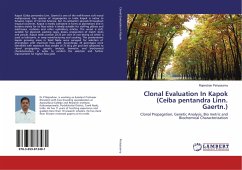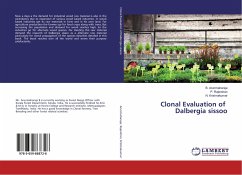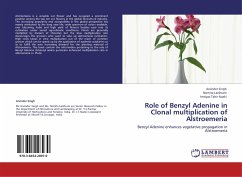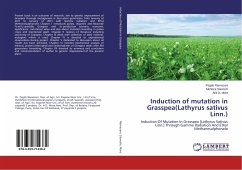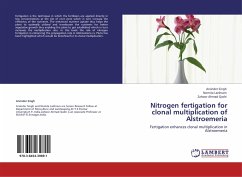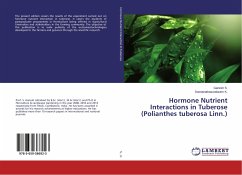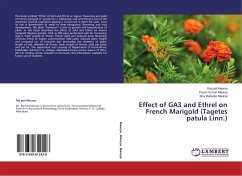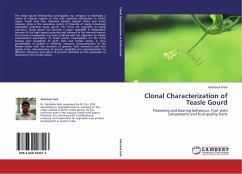Kapok (Ceiba pentandra Linn. Gaertn) is one of the well-known soft wood multipurpose tree species of angiosperms in India. Kapok is native to Amazon region of Central America, but its cultivation spreads throughout tropical countries. Kapok is mostly cultivated in farms as plantations and in borders mainly for its floss which is ideally suitable for stuffing pillows and mattresses, cushions and other upholstery articles. The wood is soft, suitable for plywood, packing cases, boxes, preparation of match sticks and pencils. Kapok seeds contain 20-25 per cent of non-drying oil which is used as lubricants, in soap manufacturing and cooking. The predominant kapok growing areas in Tamil Nadu were surveyed for selection of phenotypes with maximum floss yield. Accordingly, 23 genotypes were identified with maximum floss weight of 21.46 g per pod and subjected to clonal propagation, genetic analysis, biometric and biochemical characterization, in order to confirm the selection and furtherimprovement for higher floss yield.
Bitte wählen Sie Ihr Anliegen aus.
Rechnungen
Retourenschein anfordern
Bestellstatus
Storno

